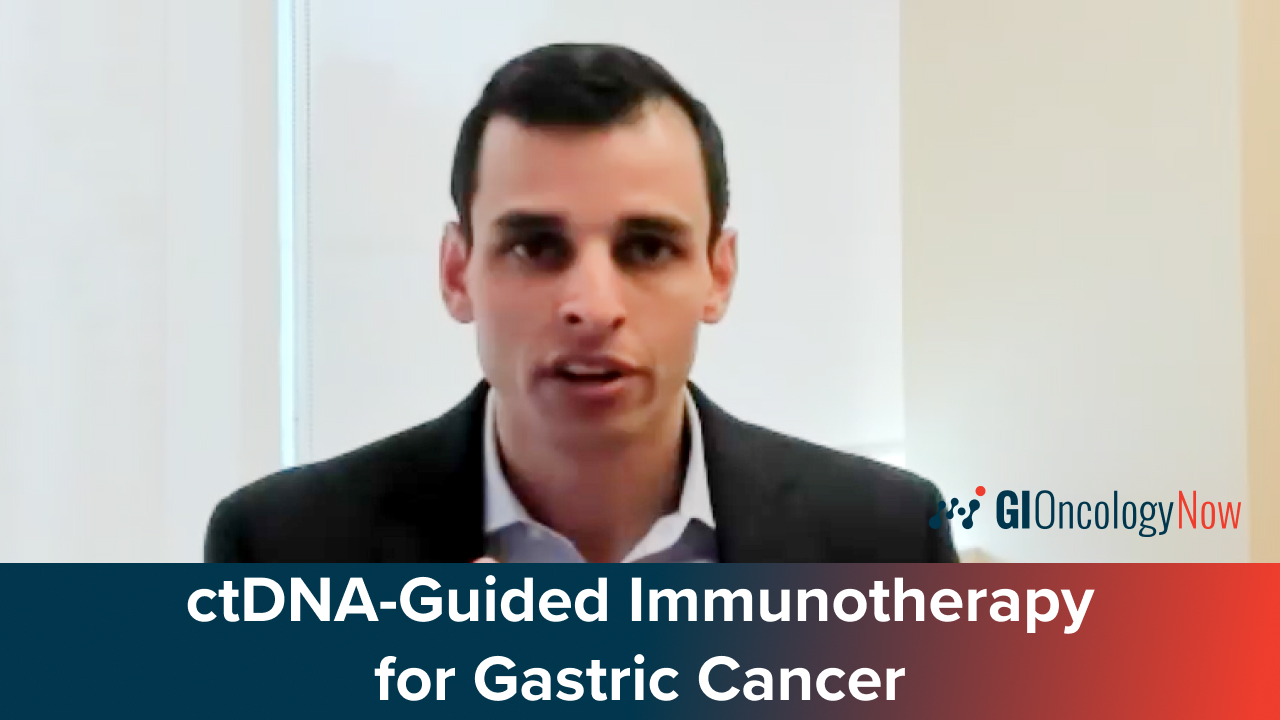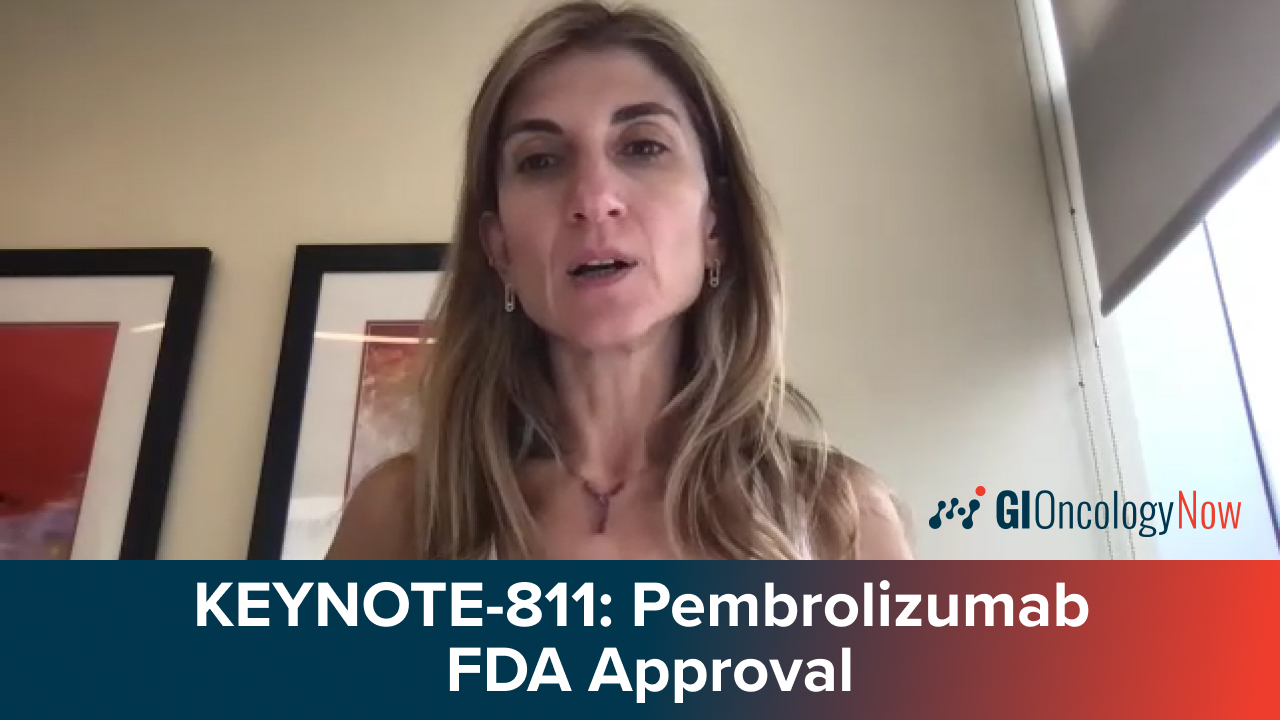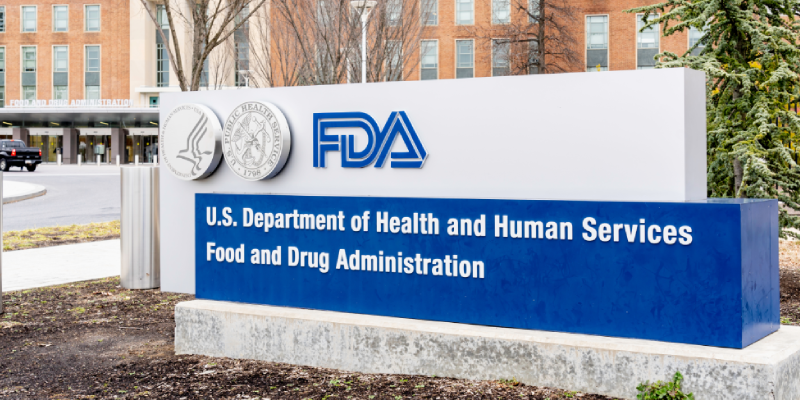
Following the phase 3, randomized KEYNOTE-811 trial, Merck announced that Keytruda (pembrolizumab) as a first-line therapy, in combination with trastuzumab and fluoropyrimidine- and platinum-containing chemotherapy, may benefit patients with human epidermal growth factor receptor 2 (HER2)-positive, locally advanced, unresectable or metastatic gastric or gastroesophageal junction (GEJ) adenocarcinoma.
In accordance with US Food and Drug Administration (FDA) accelerated approval regulations, Keytruda plus trastuzumab and fluoropyrimidine- and platinum-containing chemotherapy was approved based on objective response rate and durability of response. The final results from the KEYNOTE-811 trial will determine if Keytruda will receive continued approval from the FDA.
Keytruda previously received approval as a first-line therapy for patients with locally advanced unresectable or metastatic HER2-negative gastric or GEJ adenocarcinoma based on results from the KEYNOTE-859 trial.
Of the 698 participants, those who received the Keytruda combination therapy showed statistically significant and clinically meaningful overall survival results when compared with those who received placebo plus trastuzumab and chemotherapy. Among those in the intention-to-treat population, researchers observed increased benefit in patients whose tumors expressed PD-L1.
The KEYNOTE-811 trial found that the safety profile of Keytruda was consistent with previous studies, and no new safety signals were observed. The trial also reached the other primary end point of progression-free survival.
“Patients diagnosed with advanced gastric cancer often face a poor prognosis, underscoring the need for treatment options that have the potential to extend patients’ lives,” said Dr. Marjorie Green, senior vice president and head of oncology, global clinical development, Merck Research Laboratories. “These overall survival results from KEYNOTE-811 are encouraging and build on the positive progression-free survival, overall response rate, and duration of response data from this study.”







 © 2025 Mashup Media, LLC, a Formedics Property. All Rights Reserved.
© 2025 Mashup Media, LLC, a Formedics Property. All Rights Reserved.